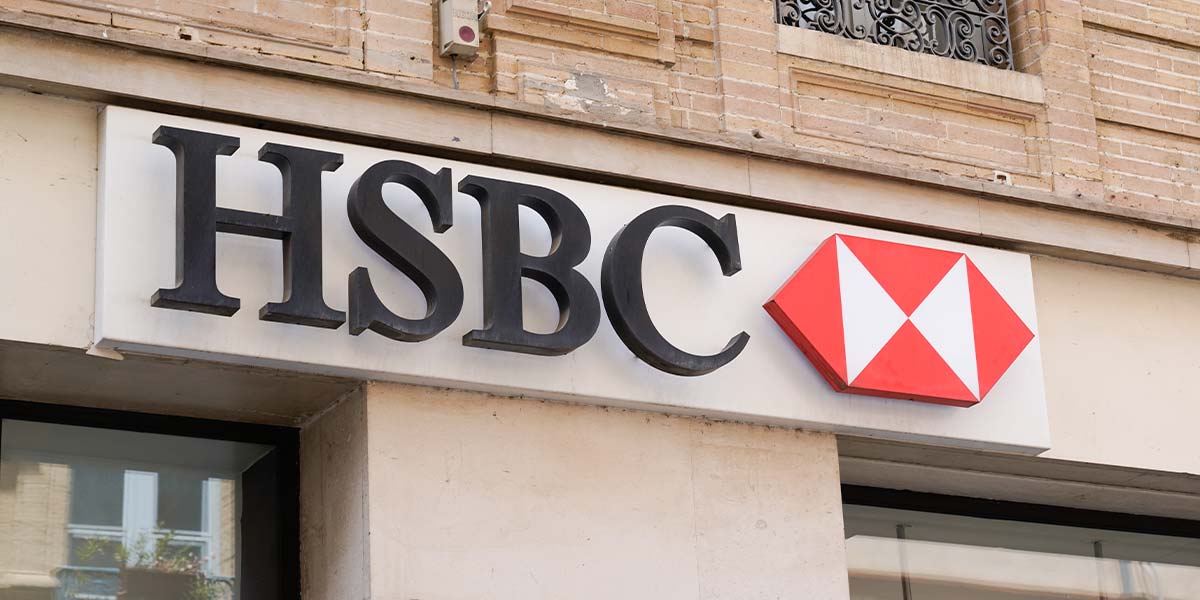HSBC Holdings announced it will record a $1.1 billion provision in its upcoming third-quarter results, following an unfavourable court decision in Luxembourg linked to the Bernard Madoff investment fraud. The bank’s move comes as it faces continued litigation from investors seeking restitution for losses incurred during one of the world’s most notorious Ponzi schemes.
The provision, revealed in a statement on October 27, is tied to HSBC’s Luxembourg unit’s involvement as a service provider to funds investing with Bernard L. Madoff Investment Securities LLC. Herald Fund SPC initiated legal action against HSBC’s Luxembourg arm in 2009, aiming to recover assets allegedly lost as a result of the fraud.
Last week, Luxembourg’s Court of Cassation dismissed HSBC Securities Services Luxembourg’s appeal regarding Herald Fund SPC’s securities claim but sided with the bank on a separate cash restitution challenge. HSBC said it will pursue a further appeal before the Luxembourg Court of Appeal. If unsuccessful, the lender plans to contest the final settlement amount in later proceedings.
The group expects the $1.1 billion provision to reduce its common equity tier 1 (CET1) capital ratio by roughly 15 basis points. HSBC confirmed the provision will be classified as a “material notable item” and will not impact its full-year return on tangible equity, excluding such items, nor its dividend plans.
The eventual size of the financial impact may diverge from the current estimate, due to the ongoing appeal and complexities involved in assessing the appropriate restitution, the bank said.
HSBC’s provision places it among several global banks still contending with legacy litigation linked to Madoff’s scheme, which collapsed in 2009 after customer statements showed $65 billion in fictitious investments. Bernard Madoff pleaded guilty in 2009 and died in prison in 2021.
Elsewhere, peer institutions are also confronting costly legal headwinds. BNP Paribas recently saw shares tumble after a court ruling connecting it to human rights allegations in Sudan, fuelling speculation of substantial future liabilities. In Switzerland, Credit Suisse bondholders are seeking damages related to losses from the bank’s 2023 rescue by UBS Group.
HSBC, under cost-reduction pressures, has shed thousands of jobs and restructured management over the past year. Earlier in October, the bank announced a $14 billion buyout of its Hong Kong subsidiary Hang Seng Bank, and signalled it would halt share buybacks for at least the next three quarters to maintain capital buffers amid the acquisition.




